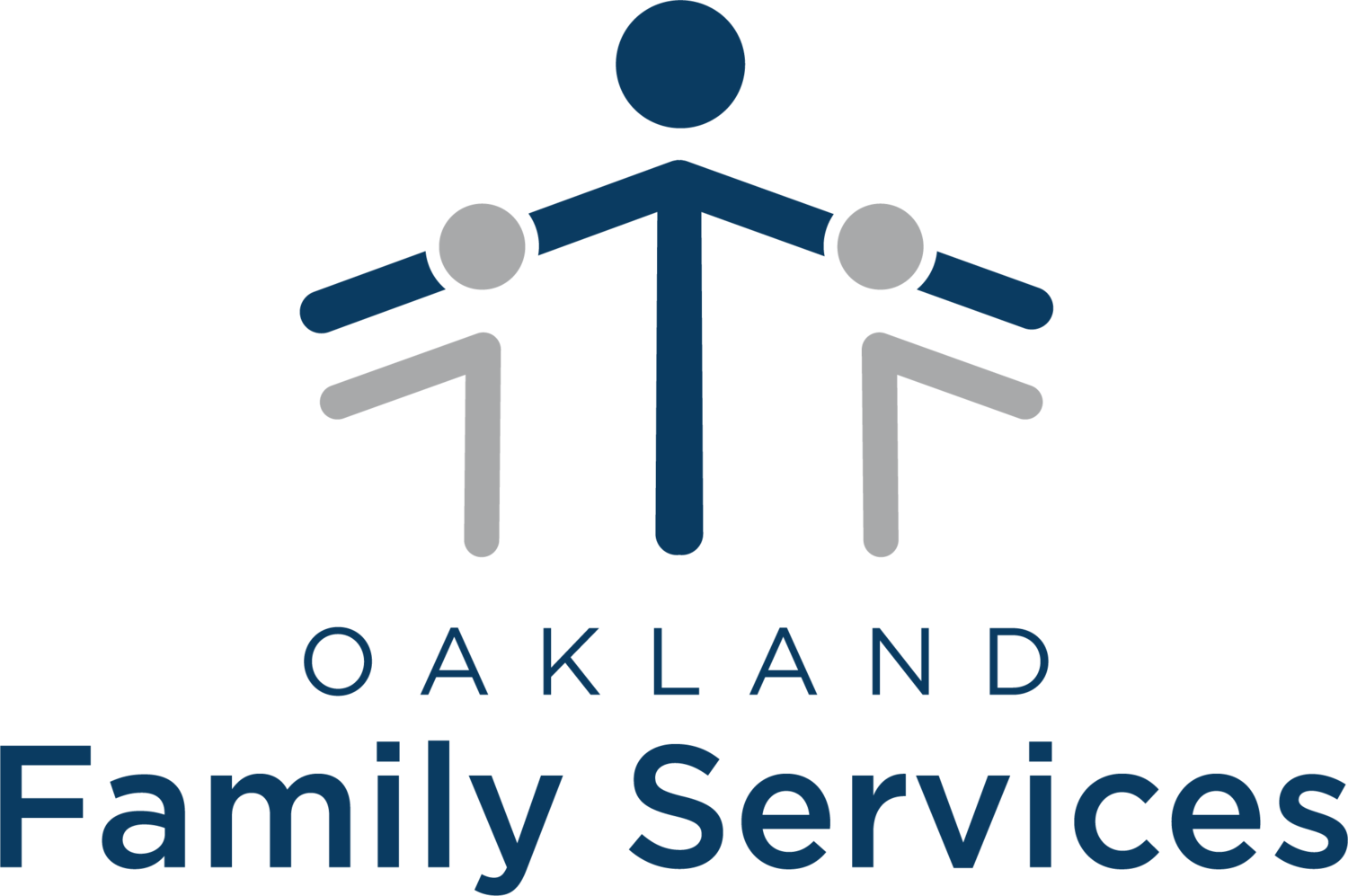The Family Five: 5 signs your child may be struggling with a mental health issue
Childhood mental health is an issue that is often overlooked and misunderstood. Nearly one in five children has a mental illness, and for some of these youth, it significantly impacts their daily lives. The most common kind of mental health issues are anxiety disorders, like generalized anxiety disorder or separation anxiety disorder. Other common types of mental illnesses in childhood include behavior disorders like attention deficit hyperactivity disorder (ADHD) and mood disorders like depression.
The warning signs for childhood mental health issues vary, but in general include behavioral problems and considerations such as how long the behavior lasts, whether it impacts the child’s functioning and whether it affects other people. Here are five warning signs that your child may be struggling with their mental health:
Excessive sadness: Feeling sad or withdrawn for more than two weeks can be a sign of a mental health struggle. You may notice your child withdraw, lose interest in activities they once enjoyed and isolate from their friends and family. Talking about harming themselves, or attempting to, should be taken seriously and addressed with a mental health professional immediately.
Reduced concentration: Confused thinking and reduced ability to concentrate or focus may indicate that your child’s mental health is suffering. This becomes more of a concern if there is extreme difficulty in concentrating or staying still that puts the child in physical danger or negatively impacts school performance.
Excessive worry: Children may exhibit extreme worry, anxiety or feelings of guilt. Sudden overwhelming fear for no reason can indicate anxiety. This may be demonstrated by a racing heart or fast breathing.
Extreme mood changes: Severe feelings of highs and lows are often accompanied by behavioral changes. These behaviors may include severe behavior, such as the child hurting him or herself or others, mood swings that cause problems in relationships and hyperactivity beyond what other children are exhibiting. You may also notice regressive behaviors like bedwetting, throwing tantrums or becoming clingy.
Sleep disturbances: Significant tiredness, low energy or problems sleeping may indicate that something mental health-related is occurring. Changes in sleep habits and persistent nightmares are also signs of which to be aware.
If you think your child may be struggling with a mental health issue, Oakland Family Services is here to help. Day One: A Program of Oakland Family Services provides therapy for adults, teens and children age 4 and up to address issues such as anxiety, depression and stress. To schedule an appointment with a Day One clinician, call (248) 858-7766 or fill out the online form at www.oaklandfamilyservices.org/dayoneishere.
Our Early Childhood Services can also help your family address developmental issues and behavioral or regulatory challenges. Between the Fussy Baby program, Parents as Teachers and Early On, we have offerings for children from birth to age 6. You can reach our Early Childhood Services specialist at (248) 858-7766 ext. 1209, or by email at elee@ofsfamily.org.
Hello! I am Amanda Robertson, and I am the Early Childhood Mental Health Specialist for Oakland Family Services’ Children’s Learning Centers. I have been working with children for almost 20 years and have one baby girl of my own. I have a master’s degree in counseling from Oakland University and a bachelor’s degree in psychology with an emphasis in child development. My career began with teaching day care and expanded to various positions including ABA therapy, child welfare and residential treatment. I absolutely love what I do and love being a part of Oakland Family Services!

















